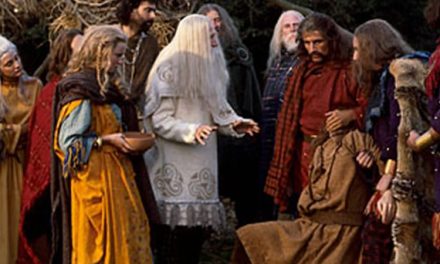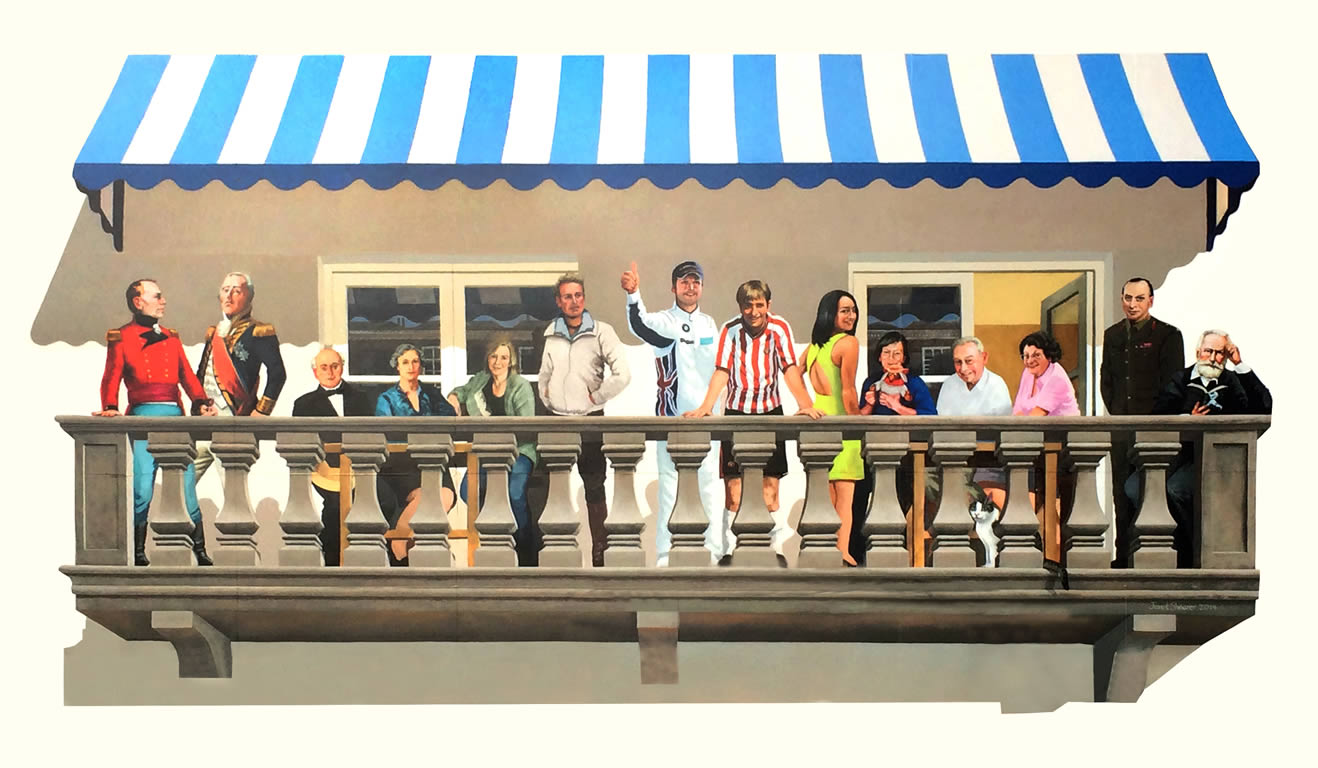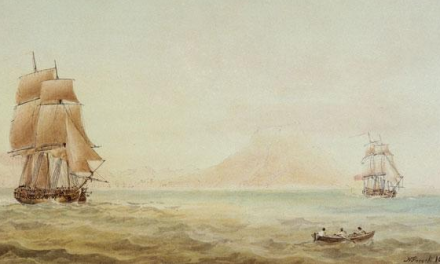Some rather random factoids about our island home of Guernsey ….
| ⇒ | Guernsey’s Flag |
|
|
| ⇒ | Victor Hugo |
Did you know that Victor Hugo wrote his novel Les Misérables while living at Hauteville House in St Peter Port? He escaped to Jersey via Brussels in 1852, and in 1855 moved to Guernsey, where he stayed with his family until 1870. Hugo was offered an amnesty by Napoleon III in 1859, but refused to return to France until the Emperor had fallen from power – his exile just a year shorter than Valjean’s imprisonment. |
|
| ⇒ | World War II |
The channel islands were the only British soil occupied by German troops in World War II. |
|
| ⇒ | Guernsey Law |
Guernsey’s laws are a combination of old Norman law and English law. Although the customary law of Normandy forms the historical basis of Guernsey law and is still the basis of the laws concerning inheritance and property, all other areas of law have drawn increasingly on English law over time. As a result Guernsey advocates must not only be proficient in English law but must also have a good understanding of old Norman law. Once qualified, candidates for advocacy must attend the University of Caen in France for three months and complete the Guernsey Bar examinations. |
|
| ⇒ | Power to the People : The Clameur de Haro |
|
Islanders who believe that they or their property rights have been infringed can stop the miscreant there and then by “raising the Clameur de Haro” The Clameur de Haro (French pronunciation: [klamœʁ də aʁo]) is an ancient legal injunction of restraint employed by a person who believes they are being wronged by another at that moment. It survives as a fully enforceable law to this day in the legal systems of Jersey and Guernsey, and is used, albeit infrequently, for matters affecting land. The Clameur is actually a call to the first Duke of Normandy Lord Rollo … The procedure is performed on one’s knees before at least two witnesses, in the presence of the wrong-doer, and in the location of the offence. The “Criant” with his hand in the air must call out — Haro! Haro! Haro! A l’aide, mon Prince, on me fait tort. Following this, the Criant must recite the Lord’s Prayer in French. |
|
| ⇒ | Guernsey is a Bailiwick |
|
Guernsey is a Baliwick … a bailiwick is usually the area of jurisdiction of a bailiff, and may also apply to a territory in which the sheriff’s functions were exercised by a privately appointed bailiff under a royal or imperial writ. As such the ‘head of state’ is a Bailiff (technically this is actually the English Sovereign). The Bailiff sits in the States (Guernsey’s Parliament) and acts as a “speaker” .. he is also the chief magistrate. The Baliwick actually consists of 4 islands : Guernsey; Alderney; Sark & Herm. |
|






You must be logged in to post a comment.